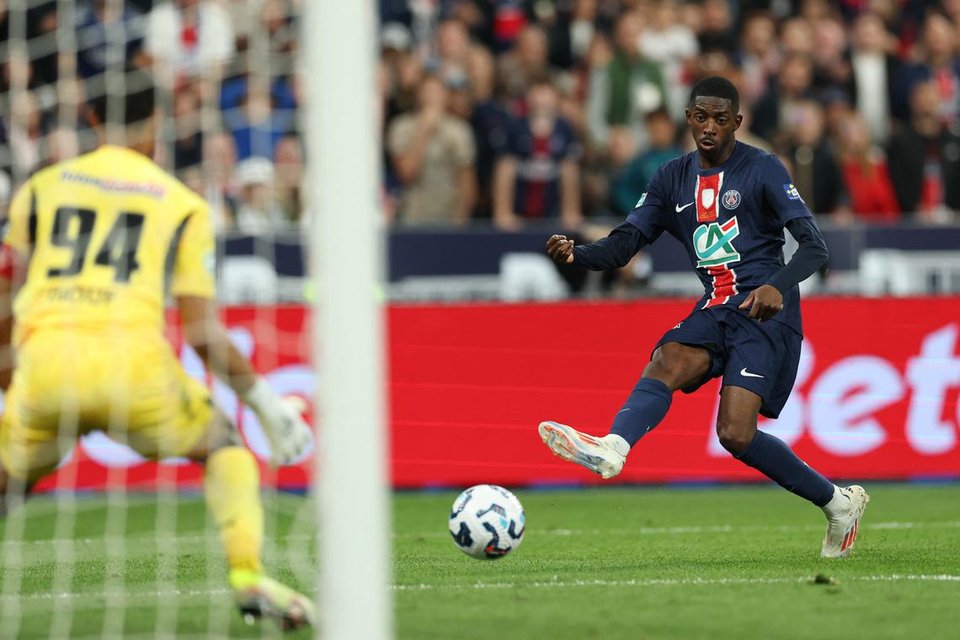In the grand theatre of football reinvention, few transformations have been as striking as Ousmane Dembele’s evolution—from a mercurial talent plagued by inconsistency to Paris Saint-Germain’s clinical finisher and central attacking force.
Long viewed as a symbol of unfulfilled promise, the 27-year-old Frenchman has flipped the script this season, emerging as a key figure in PSG’s march to the Champions League final against Inter Milan in Munich on Saturday.
Dembele’s resurgence didn’t happen overnight. It was sparked by a bold decision from manager Luis Enrique, who left him out of the squad for PSG’s clash against Arsenal in February. What could have been a confidence-crushing moment instead became a turning point—fuel for a transformation few saw coming.
“I think the best decision I made was not playing him in London,” Enrique admitted later, a statement that speaks to the tough love behind Dembele’s awakening.
Since then, Dembele has been electric. He’s scored 32 goals in 40 appearances across all competitions—21 of them in Ligue 1—eclipsing the total from his previous five seasons combined. His shot conversion rate has soared from 13.5% to 26.7%, highlighting a new level of efficiency and composure in front of goal.
“Playing as a No. 9 puts me right in front of the net,” Dembele said. “Once I get past a defender, I’m focused on finishing.”
And finish he does—with both feet and his head. His goals have come in all forms: eight with his right foot, 10 with his left, and two headers—showcasing a rare versatility that’s made him one of Europe’s most unpredictable and dangerous forwards.
Luis Enrique’s tactical shift—positioning Dembele centrally in a high-pressing, possession-oriented system—has helped PSG shed their reputation as a team of individual stars. Instead, they’ve become a unified, relentless force, particularly effective in Europe, where Dembele’s pace, movement, and precision have wreaked havoc.
Now, as PSG eye their first Champions League title, Dembele stands on the brink of both personal redemption and footballing glory. The player once defined by flashes of brilliance and frequent setbacks is now the spearhead of a side chasing history.
A slightly off-target performance in last weekend’s French Cup final—where he missed four clear chances in a 3-0 win over Stade de Reims—briefly reopened old doubts. But Saturday offers the perfect opportunity for redemption.
If PSG lift the trophy in Munich, the conversation around the Ballon d’Or will inevitably include the name Ousmane Dembele—a player reborn, and now, perhaps, the difference-maker on European football’s biggest stage.


